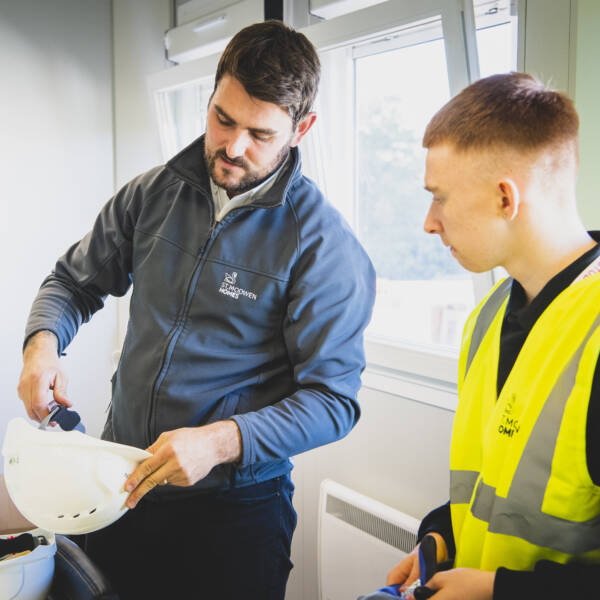Training for the construction industry
We found that there is a definite shortage of key skills in those just starting out in the industry, as well as those within the current workforce. This supports data shared by various employers, who are struggling to recruit those with the specialist skills or the knowledge needed to excel in their new role.
However, further education (FE) providers and businesses are now seeking alternative training routes, qualifications and teaching methods in the hope this could help to recruit new talent and upskill the current workforce – for example, we know that 48,000 higher level apprenticeships (level 4+) started in 2017/18, compared with just 4,000 in 2011/12, so things are starting to head in the right direction.
Our report calls on the Government to provide additional funding to boost training, helping businesses to plan and invest appropriately so that they can attract the very best new recruits and upskill their workforce.
The role of business in developing the construction workforce
Partnerships between organisations, FE providers and local authorities can lead to the creation of education programmes which benefit new and existing construction employees. As a whole, we also need to get better at using the funding which has already been made available.
Within the report, we talk about our partnership with Burton and South Derbyshire College. By offering our support to site-based work experience, bursaries and training of their employers, we’re helping to ensure their students get the very best experiences – it’s also so important to keep talented educators in teaching roles within the construction industry.
Attracting talent
FE and technical education routes have always been undervalued when compared with Higher Education (University). This has a knock-on effect on the construction sector, as we depend on high-quality technical training to recruit the very best new talent.
















